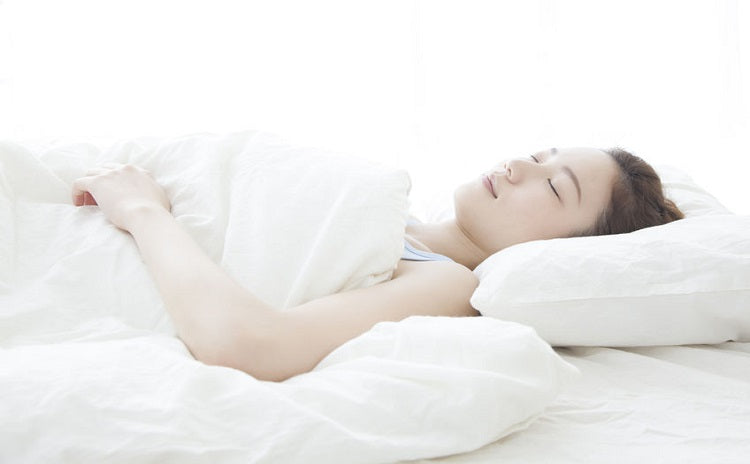Three Great Sleep Habits

Sleep and Your Mood?
Are you tired and grumpy, or do you just feel “out of whack”? Ineffective or insufficient sleep could be the culprit. If you’re not sleeping enough, or if you’re getting in the hours but not sleeping well, it can affect your moods, your habits, and your energy levels.
Improving Your Sleep Habits
With today’s hectic lifestyles, it can be hard to get a good night’s sleep. But with attention to a few basic sleep habits, you can make a big difference in your nighttime sleep and your daytime happiness.
• Find a sleep schedule that works, and stick to it. Spend a few weeks experimenting with the time of night you fall asleep and the time of morning you wake. Find a combination that helps you feel refreshed, then stick to that pattern. Going to bed at the same time every night and waking up at the same time every morning can help your body learn what to expect. Special occasions will always wreak havoc on a regular sleep schedule – just get back to the routine again as soon as possible.
• Nap judiciously. It’s best to avoid naps altogether, according to the University of Maryland Sleep Disorders Center. But if you go to bed late, opt for a nap over sleeping in. You’ll make up an hour or so without disrupting the sleep-wake cycle you’ve set for yourself… your body will still associate your set wakeup time as the time to become alert, and you’ll avoid building a sleep deficit.
• Work with your body’s natural cycles. Give your sleep habits a boost by getting as much sun as you safely can during the day, then staying away from the unnatural light of TV, iPads, and computer screens in the evening before bed. You’ll boost light exposure during normal waking hours and melatonin production in the evening, helping you feel sleepy when the time comes for bed. A relaxing bedtime routine – reading by a low-wattage bedside lamp, a warm bath, even a few minutes of meditation – can also help you encourage melatonin production so you drift off more easily and are more likely to stay asleep.
Everyone’s different when it comes to the amount of sleep the body needs – but the minimum amount of sleep you need to function is not the same as your optimum amount of sleep. Some people need seven hours, some eight, some nine, to feel truly alert and healthy. Experiment to find out what works for your body, then stick to it.
Do you keep good sleep habits? What could you do better?
Author Bio: +Michelle Gordon is a sleep expert who researches and writes about sleep and health, and is an online publisher for the latex mattress specialist Latexmattress.org


